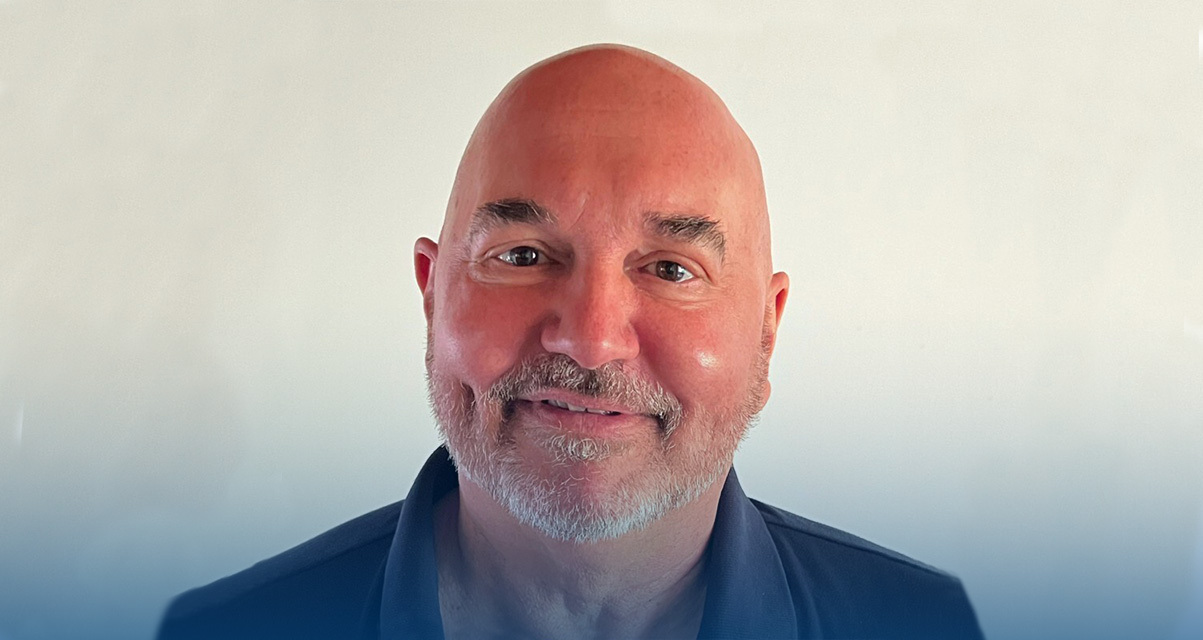First-Gen College Success: John-Manuel Andriote ’80 on His Role at Winship Cancer Institute
John-Manuel Andriote ’80 was a first-generation college student when he studied English language and literature at Gordon. Since then he’s established himself in the world of health journalism, having written multiple books and for news outlets like The Washington Post, The Atlantic, the University of Chicago Press and more. He is now a senior writer at the Winship Cancer Institute of Emory University in Atlanta, GA. We sat down with him to ask about his career and trends in the world of storytelling.
Why did you choose to study English as a first-generation student?
What I wanted out of my college experience was to emerge as an educated man: someone who was aware of the world, who had critical thinking abilities, who was exposed to ideas I’d never encountered before and who could engage with other students. When you don’t grow up in a family of college-educated people, you learn by observing other students and professors, how they conduct themselves, interact and speak. Developing intuitive awareness and social skills was as important as the intellectual part of my education. I feel like I came out of my Gordon experience very well equipped with what I hoped to get from my education.
There were no special programs to help people like me adapt to college at that time. I was the first and only person in my immediate family to go to a four-year college and graduate, let alone go to graduate school. “First-gen” students weren’t even called that back in my day. Dr. Covey, the chair of the English department at Gordon at the time, was a huge champion of the liberal arts. He said, “College is where you go to become someone. You learn to do something later.” My ability as a writer was recognized by the faculty at Gordon, who encouraged me and got me started down the path to a writing career.
What is the Winship Cancer Institute (WCI)? What is your role there?
WCI at Emory University is a national research institute with a dedicated, comprehensive cancer center––one of only 57 in America––making it one of the best cancer centers in the United States. WCI has a three-fold mission: scientific research into developing treatments for cancer; clinical care, by taking care of people with cancer through surgery, radiology, chemo, etc.; and education, by training new oncologists and researchers to be the next generation of scientists. I’ve done health and medical writing for most of my career, but cancer had never been my primary focus. WCI was looking for an in-house storyteller to write about the research and care happening there and the doctors and nurses who are performing this amazing work. This job is a writer’s dream. I get to interview amazing people, like brilliant scientists or cancer survivors who are exuding life and are so positive to be around.
What does a typical day look like at your job?
My day often consists of interviews with cancer researchers. For example, I recently interviewed the new dean of Emory University’s School of Medicine, Dr Sandra L. Wong. I also develop scripts for the series of videos we produce of patient testimonials. These are on-camera interviews of women and men who have survived different types of cancer, and they talk about their experience. It’s very moving; I can’t go through the video reading the transcript without shedding some tears because of how inspiring these people are. I’m also the editor of Winship Magazine, a biannual, full-color magazine, which is my biggest responsibility. I’m in charge of writing the articles as well as hiring freelance writers, illustrators, graphic designers and printers to manage the production of the magazine.
What is some of the latest news in cancer treatment?
For our spring issue of Winship Magazine, the cover story was on the use of artificial intelligence (AI) in cancer treatment. It’s proving quite revolutionary; AI detects breast cancer years in advance and is enhancing surgeons’ ability to determine whether a tumor is malignant or benign—things that were traditionally left to the doctor to determine. AI is able to be much more precise and accurate in terms of identifying what something is and what stage it’s at. The use of AI is huge for progressing cancer treatment. Immunotherapy is another significant treatment area that is being developed; the idea is to use drugs that stimulate one’s own immune system to attack the cancer instead of using traditional chemo, drugs or surgery. It could help so many people if it gets developed properly.
Why do you think Christians need to be in the journalism industry?
Critical thinking is more important than ever—to sort through sources of disinformation and misinformation and determine what’s factual and what’s fiction. It’s becoming harder, with AI creating doctored photos and videos using someone’s voice. Valuing the truth and respecting facts, sifting through disinformation and telling compelling stories are great skills to have. The Christian faith is based on a book in which stories are a fundamental way of conveying wisdom and truth. I’ve always seen my role as a journalist as a way of being a messenger; we journalists, at our best, are messengers of truth. What we have to deliver is not always welcome, but that’s why it’s important to write truthfully and factually.
 The Bell
The Bell